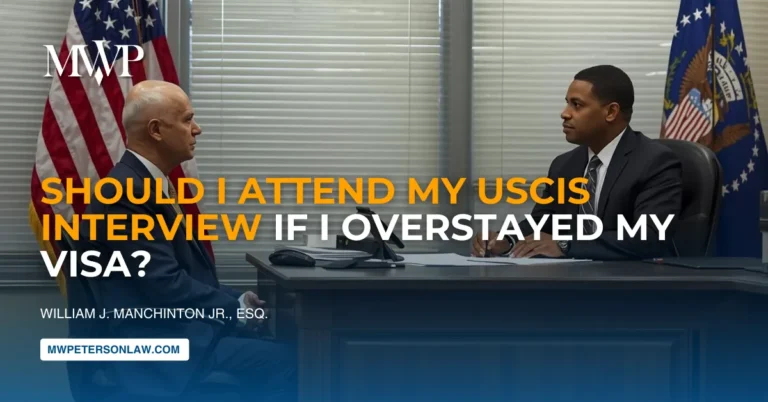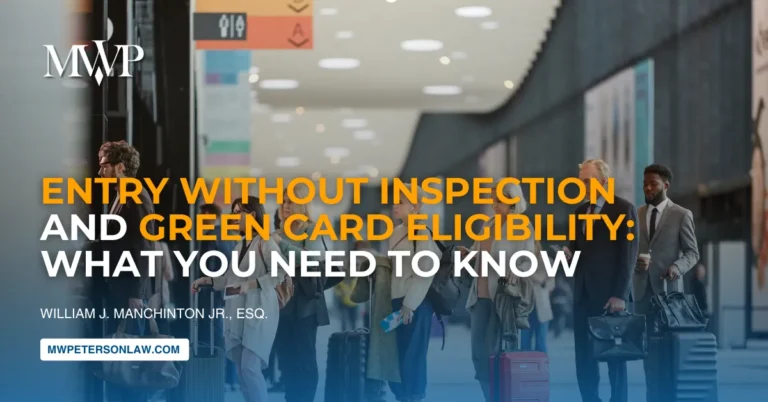A Motion to suppress Massachusetts is a legal tool used to exclude evidence obtained illegally by law enforcement. Winning such a motion means that the Commonwealth cannot use this illegal evidence at trial, which can sometimes lead to case dismissal. Motions to suppress Massachusetts often target evidence that was unconstitutionally seized, including drug evidence, coerced statements, or improper identifications.
Grounds for Filing a Motion to Suppress Massachusetts
Common reasons for filing a motion to suppress in Massachusetts include:
- Illegal stop of car
- Unlawful search of car
- Warrantless search of house
- Insufficient Miranda warnings
- Illegal search of person
- Illegal arrest
- Invalid lineup procedure
- Invalid show-up identification
- Coercive or involuntary statement
When Can Police Stop My Car in Massachusetts?
Police are permitted to stop any vehicle if they have probable cause to believe it is involved in a criminal offense, including traffic violations. Probable cause does not require solid proof; it can be based on observable evidence. For instance, if an officer witnesses you running a red light or failing to wear a seatbelt, they can stop you.
Police can search any car when they have probable cause to suspect that evidence of a crime can be found inside. Again, probable cause does not mean conclusive proof – just some evidence.
If police see drugs or something else illegal in plain view, they can search your car to investigate. Police can also conduct an inventory search if they tow your car.
You have the right to refuse to consent to police searching your car if they do not have probable cause.
However, the police cannot keep you longer than necessary to complete the ticket. For example, they cannot hold you to have a drug-sniffing dog determine whether there are drugs inside your vehicle.
Similarly, if the police see you running from a crime scene or you match the description of someone who committed a crime, they can stop you and investigate.
If police stopped your car in Massachusetts, your criminal defense attorney should generally file a motion to suppress to challenge it.
When Can Police Search My Car?
Police can search a vehicle if they have probable cause to suspect that evidence of a crime is present. This may include visible illegal items or conducting an inventory search if the vehicle is towed. Importantly, you have the right to refuse consent for a search if no probable cause exists.
When Can Police Search My House?
Generally, police need a warrant to enter your home unless exigent circumstances apply. You have the right to refuse entry without a warrant, and even with one, the search can be deemed illegal if there is no probable cause for the warrant.
Police must generally have a warrant to enter your house unless there is some sort of emergency, normally referred to as exigent circumstances. You do not have to let the police into your house without a warrant and you have the right to refuse consent to search.
Even if police have a warrant, the search can still be illegal if there is no probable cause for the warrant. This is why it’s important to review the search warrant affidavit for possible problems.
The home is one of the most protected places under the law. If police illegally searched your home in Massachusetts, your attorney should file a motion to suppress.
What Happens if Police Don't Give Me Miranda Warnings?
Failure to provide Miranda warnings does not automatically lead to case dismissal; it means that any statements made during custodial interrogation cannot be used against you. Miranda warnings are only required when you are in custody and being interrogated.
The police not advising you of your rights generally does not mean the case is automatically dismissed. It only means the police cannot use the statements you made.
That also only applies if you are in custody and police are interrogating you. Police do not have to give Miranda warnings if you are free to leave or they are not asking you questions.
You do not have to speak to the police, and it is generally better to exercise your right to remain silent if given the choice. Otherwise, the police will use what you say against you, even if you’re completely innocent.
What Is an Illegal Identification?
If a witness identifies you as the perpetrator of an offense through improper procedures (e.g., one-man show-ups or non-comparable photo lineups), you can attempt to exclude the identification through a motion to suppress and you can file a motion to suppress that identification.
For example, if you were the only person in a live lineup, this is called a one-man show-up identification, and you could get your identification excluded. Furthermore, a photo lineup must have similar pictures, or it could be illegal.
If the Court excludes the identification, the witness cannot point you out in court.
Rights Violations of Others
If police violate someone else’s rights, you typically cannot seek suppression and this is a concept called standing, and it means you cannot assert someone else’s rights.
The court will only exclude evidence if your rights were violated during the police’s actions.
If you believe your case involves illegal evidence or procedural errors, it is crucial to consult with an experienced attorney who specializes in motions to suppress. Matthew Peterson has successfully filed numerous motions in Massachusetts and can assist you in navigating your legal challenges.
Contact The Law Office of Matthew Peterson today for a consultation at (617) 295-7500. As an experienced criminal defense attorney in Boston MA, he is dedicated to providing personalized defense strategies tailored specifically for your case, ensuring your rights are protected throughout the legal process.











